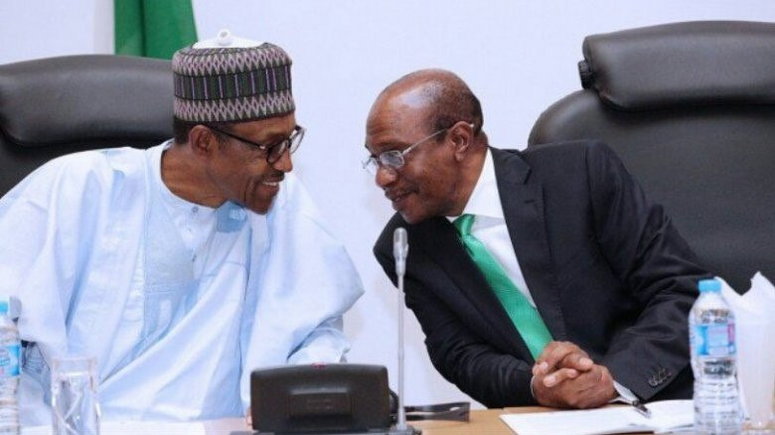Director of Africa Region Board of the PKF International Limited, Mr. Tajudeen Akande has disclosed that “floating naira is not for it to remain up there; it is to remove the arbitrage opportunity and have a cooling effect and let it settle at what people will call the true value of the naira”.
In an interview, he noted that “the Central Bank of Nigeria (CBN), definitely, is working on a set of defined policies and ideological leaning, whether it is acknowledged or not”.
He cautioned further saying “Every government has its own economic ideology. True is that the CBN also have some information that those of us commentators outside don’t have”.
“You remember I said if you float it, to make sure it gives the result that you want, you can use the invisible hand to do what the market is craving for in terms of supply. The CBN knows more than anybody its ability to fund that if anybody is allowed to just go into the market and sell. So, it could be the fear of the supply side of things – that once it is floated, everybody is able to access and the forex dries up.
“What is coming in is still every limited now. So, even if I were in government, I am not going to just open the tap before putting in place safety procedures. Government needs to have put in place things that will ensure that there are other sources to augment what is coming from oil. “You don’t want them to float it, then in six months, your foreign reserves drop below comfortable level. It may not achieve the desired result because floating is not for it to remain up there; it is to remove the arbitrage opportunity and have a cooling effect and let it settle at what people will call the true value of the naira.
On the best way to float the naira, Akande said “I think we should have a free-floating currency in the interbank market. Whatever the forces of demand and supply bring, that will be the rate. Of course, you can influence that”.
“We know that in a market-determined rate, it is about the level of supply and demand. When supply is short and demand is high, price goes up. Exchange rate is also a price. So, if you have the means of supplying the market, the rate will come down. But when you say, “Sell for BTA and school fees at N360/$,” and the interbank market rate is 306 and the BDC rate is about 390, what stops the man who got BTA at 360 from just giving it to the bureau de change to sell? What stops the importer who is able to get at 306 from selling in the parallel market at 395?
“I have heard people say, ‘Why will you go through all the production process with additional costs if you are going to make five per cent or 10 per cent profit when by doing nothing, you can make 30 per cent profit? It is not that there wouldn’t be any control; the control will be in the form of regulation and the invisible hand, so to speak. You know what calms the market, you do it by way of policies. I think what the IMF is saying basically is to have a single rate.









